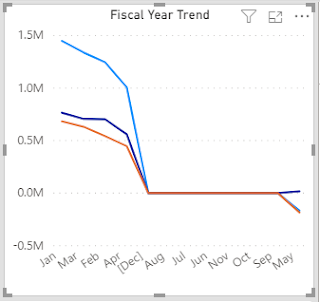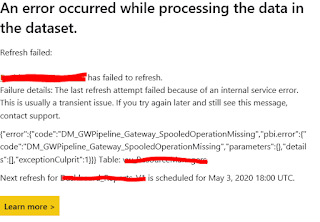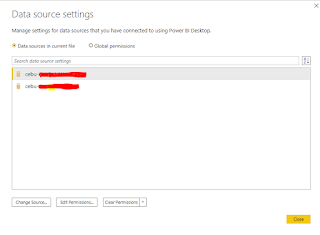How To Combine Specific Columns Per Table Using DAX Union
Guys, Here's a DAX formula that will perform union of two tables given their specific column names in Power BI. The trick is to use SELECTCOLUMNS () function for each table. Countries = UNION ( SELECTCOLUMNS ( 'Main Location' , "Countries" , 'Main Location' [Countries] ), SELECTCOLUMNS ( 'Sales' , "Countries" , 'Sales' [Countries] ) )




